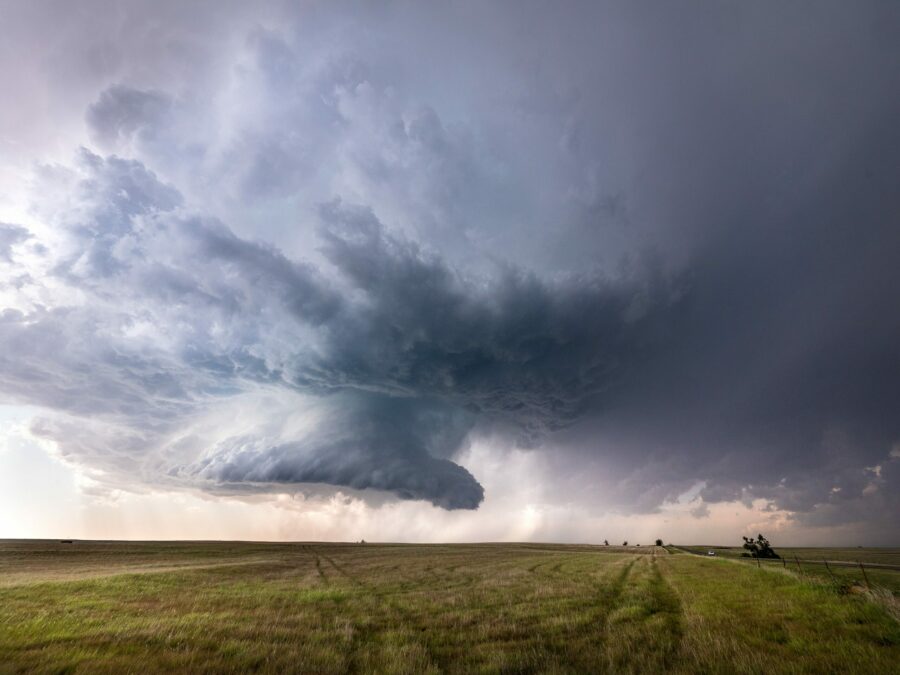Our windows were replaced this week in our main family room and a mere two weeks later than scheduled in December was sure to provoke a meteorological response.
The first significant winter storm, Arwin, rapidly followed by Barra this week was a timely reminder to prepare our homes for the months ahead.
According to Halifax Home Insurance, there was a 42% increase in storm claims during the winter months of 2019 and 2020.
These storm claims surged to more than 800 in October, up 168% on the same month a year earlier, as Storm Aiden caused damage across the country.
Flood claims also rose, with a 167% increase between December 2019 and December 2020, mainly due to Storm Bella and its deluge of rainy weather. The NFU Mutual reports a similar dire history of events.
The insurer urges households to take suitable precautionary measures in light of the Met Office Yellow warning for storms this weekend.
Storm Barra was forecast to bring wind speeds of up to 80 mph, potentially damaging and leading to power cuts and travel disruption.
Tim Downes, Senior Claims Manager, Halifax Home Insurance, said:
“While the weather has been warmer than normal for this time of year, that is soon set to change with a cold snap expected over the weekend.
Homes are more at risk of storm damage during the winter months as the mercury drops, bringing rain, wind and even snow. That’s why it’s important to make sure homes are properly prepared when the weather takes a turn. This includes carrying out essential checks, having a winter weather kit prepared and having the right insurance in place to help protect your home should the weather cause any unexpected damage.”
Here are some valuable tips to prepare for wintery weather.
1 – Keep a home emergency kit prepared to contain essential items such as torches, tinned food, medication, blankets, warm clothing, home insurance documents and emergency contact details.
2 – Set your thermostat to a minimum temperature of around 12°C, even overnight – the heating costs are justified if it avoids a costly pipe freeze. Many thermostats have a winter option that routinely heats the system to keep pipes at the right temperature.
3 – Secure external fittings such as garden lights and hanging plants, and bring any outdoor furniture indoors, or lay it down flat and weigh it down. The last thing you want is broken glass in your greenhouse from some airborne lounger.
4 – Insulate exposed pipes in basements, attics, garages, kitchen cabinets, and outside the property like the tap for the hosepipe. Use UL-listed heat tape or foam rubber insulation where pipes are exposed to cold moving air.
5 – Charge your mobile phone and save your insurer’s number and any emergency contacts.
6 – Back up your home solar battery (e.g. Tesla power wall comes with a storm setting so you can ensure you have adequate to keep your home running with any unexpected outages.
7 – Check your insurance cover so you know exactly what you’re covered for and how to get in touch if the worst happens. Take photographs of damaged items as it may help your insurer to settle a claim more quickly.
8 – Keep up-to-date with weather alerts. The Met Office provides live storm updates via Twitter and email. The Met Office app also provides a rather cool radar map so you can see what’s coming your way.
Of course, there’s the cheesy personal finance analogy to all the above; if you want to insure and protect your family wellbeing from adverse stormy weather, it pays to plan, as with everything important.
Have a great weekend; hopefully there’s no damage, and you’re able to use the reprieve to take action now if you need it!


